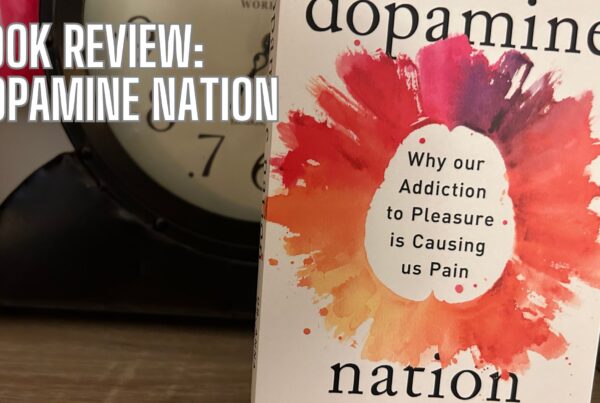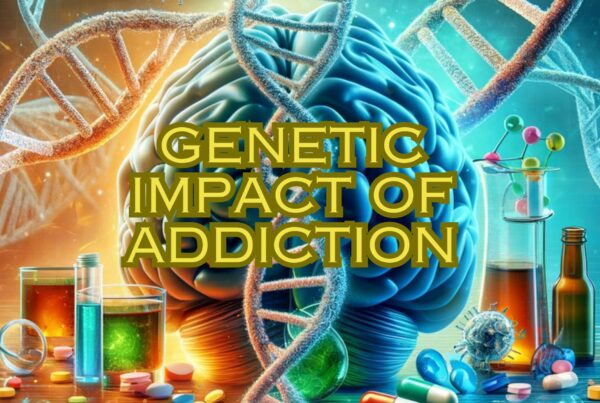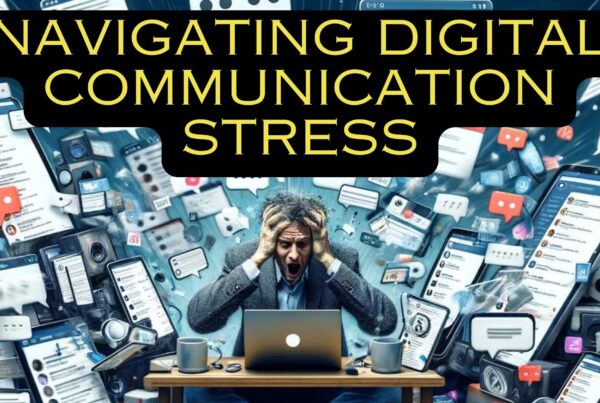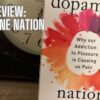Introduction to Self-Hypnosis for Alcohol Reduction
Are you considering reducing your alcohol intake? Self-hypnosis for alcohol reduction is a powerful tool that can assist in this journey. By understanding and utilizing self-hypnosis, you can help manage urges and find healthier alternatives to drinking. It’s important to know why now is the opportune moment to start this transformation and how self-hypnosis can facilitate this change.
The Power of Self-Hypnosis in Managing Alcohol Intake
Self-hypnosis is a method of guiding oneself into a state of deep relaxation and heightened focus, where positive suggestions and visualizations can have a more profound impact. When it comes to alcohol reduction, self-hypnosis helps by rewiring thought patterns and reinforcing the resolve to limit alcohol consumption.
In today’s fast-paced world, the stressors that often lead to increased alcohol intake are more prevalent than ever. This makes it crucial to find effective ways to manage these stresses. Self-hypnosis for alcohol reduction is not just about reducing intake; it’s about understanding and managing the underlying triggers that lead to excessive drinking.
Practical Steps to Begin Self-Hypnosis for Alcohol Reduction
Embarking on the journey of self-hypnosis for alcohol reduction starts with creating a calm and undisturbed environment. Choose a quiet place where you won’t be interrupted. Sit or lie down comfortably and start by taking deep, slow breaths. This helps in calming the mind and preparing it for hypnosis.
Next, focus on your intention to reduce alcohol intake. Picture yourself achieving this goal, how it makes you feel, and the positive changes it brings to your life. Use affirmations such as “I am in control of my alcohol intake” or “Each day, I choose healthier habits over drinking.”
Addressing ‘The Why’ in Your Self-Hypnosis Practice
Understanding ‘the why’ is a critical aspect of self-hypnosis for alcohol reduction. It’s about recognizing the reasons why reducing alcohol consumption is essential for you at this moment. Is it for health reasons? To improve relationships? Or to gain better control over your life? Embedding these reasons into your self-hypnosis practice makes the process more effective.
Incorporate these reasons into your visualization. For instance, if your goal is to improve health, visualize yourself enjoying a healthy lifestyle, free from the effects of excessive alcohol. Let this image motivate you as you practice self-hypnosis.
Incorporating Healthy Alternatives to Drinking
Replacing the habit of drinking with healthier alternatives is a vital step in self-hypnosis for alcohol reduction. This can include physical activities like walking, yoga, or any exercise you enjoy. Engaging in hobbies or learning new skills also serves as a positive distraction and a way to channel energy constructively.
In moments of urge, remind yourself of these alternatives through self-hypnosis. Visualize yourself choosing these healthier options instead of reaching for a drink. This reinforces the behavior change and gradually diminishes the urge to consume alcohol.
Step-by-Step Guide to Self-Hypnosis for Alcohol Reduction for Immediate Practice
Find a Comfortable Space: Choose a quiet, comfortable place where you won’t be disturbed.
Relax and Breathe: Sit or lie down comfortably. Close your eyes and take deep, slow breaths to relax.
Set Your Intention: Focus on your goal to reduce alcohol intake.
Visualization: Visualize achieving your goal, the positive changes it brings, and use positive affirmations related to your intention.
Embed ‘The Why’: Integrate your personal reasons for reducing alcohol into your visualization.
End the Session: Slowly bring your awareness back to the present and open your eyes when ready.
By following these steps and regularly practicing self-hypnosis for alcohol reduction, you can make significant strides in managing your drinking habits. Remember, this journey is about progress, not perfection. Each step you you take is a move towards a healthier, more controlled lifestyle.
Professional Guidance: A Beacon in Unfamiliar Waters
While self-hypnosis is a powerful tool, professional guidance is crucial, especially for individuals dealing with addiction. Clinicians and hypnotherapists can provide the necessary support and expert advice to safely navigate this transformative journey.
Some people might like to explore a process for self-hypnosis while others may prefer to use pre-recorded content to help guide them through the experience. There are several options, and the choice is yours.
Release Hypnosis Melbourne Hypnotherapy
Since 2016, Lawrence Akers has been working under the name Release Hypnosis offering Hypnotherapy and ACT based work to the people of Melbourne or an online service. Based on St Kilda Rd, Release Hypnosis is an easy and convenient location to get to and accessible by the ANZAC station train and tram stop. Release Hypnosis can help with a wide range of presenting issues, and I offer a free 30 minute no obligation discovery call for those who are unsure if hypnotherapy is the right way forward for them.
Book Your FREE 30 Minute Consultation With Release Hypnosis NOW!
You may also like to read:
Discovering Purpose and Values: A Path to Mental Well-being
Can’t Visualise in Hypnosis? Here’s What You Can Do Instead.
Dealing with Financial Stress and Crisis: Finding Peace Amid Turbulence
What Is The Success Rate of Hypnosis?
Release Hypnosis Melbourne Hypnotherapy is accessible for people in: Abbotsford, Armadale, Albert Park, Balwyn, Bentleigh, Black Rock, Box Hill, Brighton, Brunswick, Bulleen, Bundoora, Camberwell, Canterbury, Carnegie, Caulfield, Chadstone, Cheltenham, Clayton, Coburg, Collingwood, Deer Park, Doncaster, Elsternwick, Eltham, Elwood, Epping, Essendon, Fairfield, Fitzroy, Footscray, Glen Iris, Glen Waverley, Glenhuntly, Greensborough, Hampton, Hawthorn, Heidelberg, Highet, Ivanhoe, Kew, Kooyong, Lalor, Laverton, Lower, Plenty, Macleod, Malvern, Middle Park, Moonee Ponds, Melbourne, Moorabbin, Mount Waverley, Murrumbeena, Northcote, Oakleigh, Ormond, Parkville, Pascoe Vale, Port Melbourne, Prahran, Preston, Richmond, Rosana, Sandringham, South Yarra, South Melbourne, Spotswood, St Albans, St Kilda, Surrey Hills, Templestowe, Thornbury, Toorak, Tullamarine, Williamstown, Yarraville, North Melbourne, Windsor, East Melbourne, Melbourne, Melbourne CBD, Melbourne 3004
Image by Gerd Altmann from Pixabay








